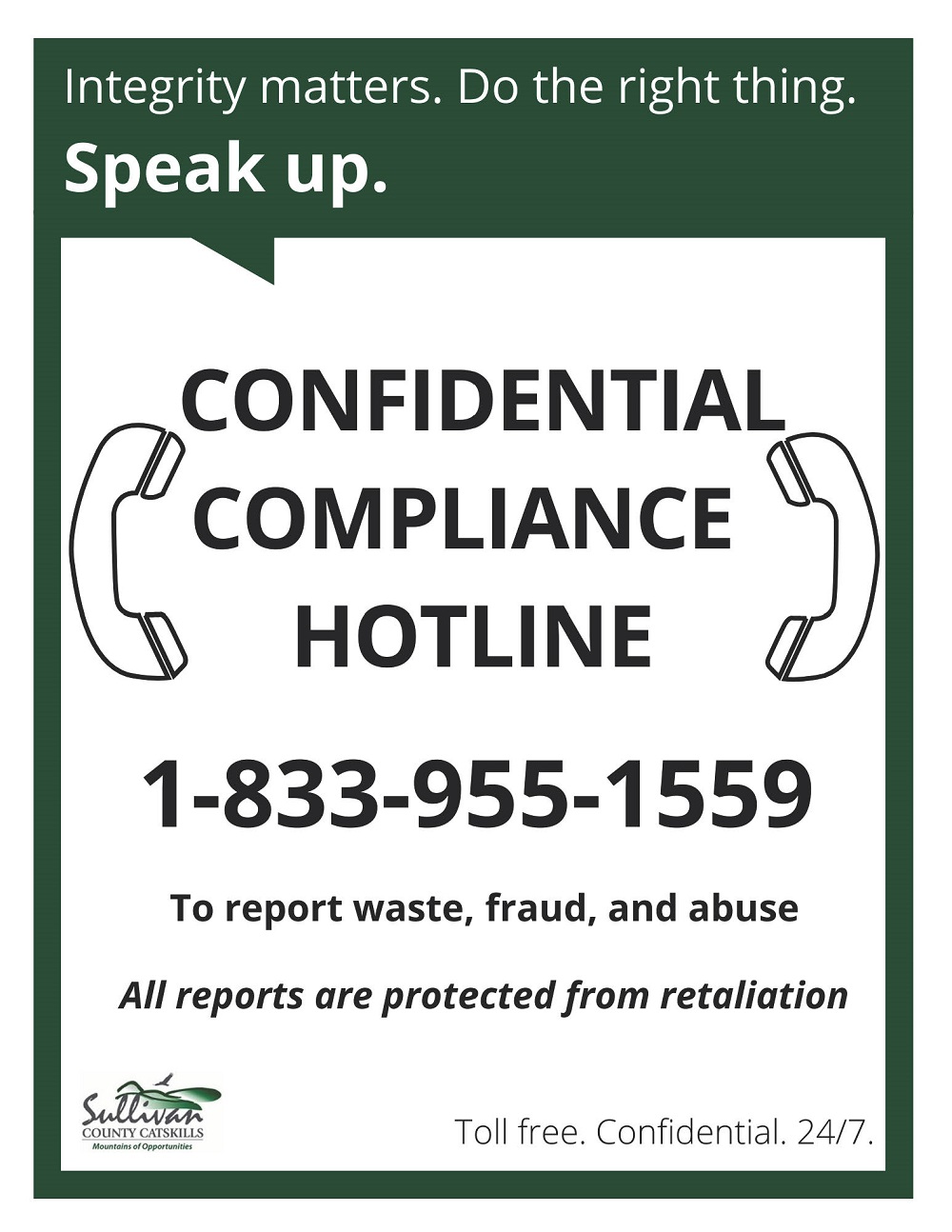The following symptoms usually signal the need for professional help. Only a trained professional can diagnose and determine the treatment needed.
- Thinking or talking about suicide
- Seeing or hearing things that aren't actually present
- Suspiciousness or paranoia
- Strange or grandiose ideas
- Crippling or excessive anxieties (fears or phobias)
- Wide mood swings (extreme highs and lows)
- Prolonged depression and apathy (a sense of hopelessness, loss of pleasure in life, confusion or constant frustration)
- Marked personality change
- Compulsive behaviors (i.e., over spending, overeating, excessive exercising)
- Marked changes in eating or sleeping patterns
- Excessive anger or hostility; destructive, abusive, or violent behavior
- Problems with the law
- Difficulty with authority
- Alcohol and substance use
- Difficulty interacting with other people (spouse, parents, children, coworkers, and friends)
- Denial of obvious problems; strong resistance to receiving help
- Social withdrawal and isolation
- Inability to cope with the loss of a loved one
- Extreme jealousy
- Preoccupation with physical illness
- Overall decline in job performance
- Problems on the job
- A feeling that you've lost control of your life
- Inability to cope with problems or daily activities such as school, job or personal needs
- Sexual problems

